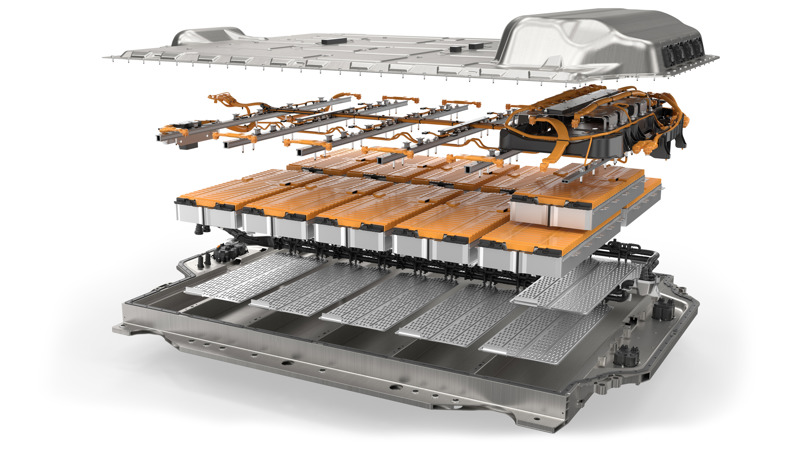EV Batteries: The Power Behind Electric Vehicles
Electric Vehicle (EV) batteries are the heart of electric vehicles, responsible for storing the energy that powers the vehicle's electric motor. They play a critical role in determining an EV's performance, range, and overall cost.
In this comprehensive article, we will delve into the various aspects of EV batteries, exploring the different types, how they function, their advantages and disadvantages, and the latest advancements in EV battery technology.
BMW iX Battery pack
By the end of this article, you will gain a deeper understanding of the current state and future prospects of EV batteries and their pivotal role in the shift towards a more sustainable transportation system.
Article Overview
To facilitate your reading, we have divided the article into the following sections:
- Battery Basics - The fundamental concepts of a battery
- Cell Chemistry & Parts - A deep dive into the different chemistries and components of battery cells
- Cell Housing - An exploration of various cell housings, including pouch, prismatic, blade, and cylindrical designs
- Battery Pack & configuration - Comparing 400 volts vs. 800 volts, and examining cell-to-module vs. cell-to-pack configurations
- Battery management system (BMS) - Understanding the “brain” of the battery system
- Thermal management - The importance of thermal management for performance and how it works
- Charging - The mechanics of how EV batteries are charged
- Cell Balancing - What cell balancing is and why it matters
- Degradation - The process of battery degradation and strategies to mitigate it
- Buffer - The concept of battery buffer and its significance
- Manufacturers - Profiles of the largest battery producers in the industry
- Warranty - Typical battery warranties and what they cover
Most sold EVs globaly
Below, you find the top 10 most-sold EV models in the world. Click on the name for full info.
